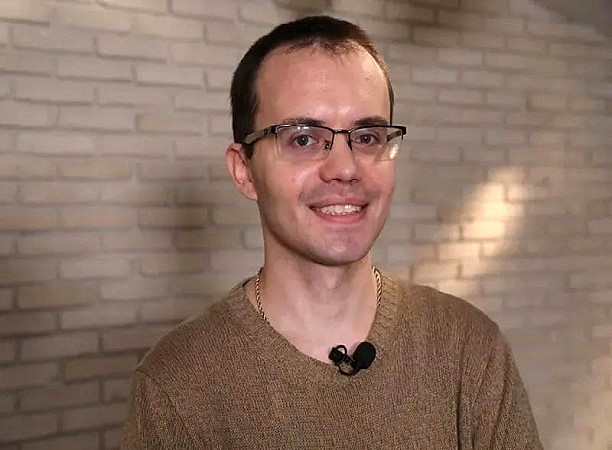| Jobs Offshoring and Work Visas Are Means of Enriching Corporate Executives with “Performance bonuses” » |
Here’s What I Learned From Analyzing The New Cold War Every Day For Three Years Straight
Andrew Korybko
Andrew Korybko's Newsletter
What ties these five trends together is Trump’s historic return to the presidency, his successful purge of the “deep state” that enabled him to pursue his long-sought “New Détente” with Russia, and Putin’s receptiveness to his American counterpart’s grand strategic plan of a comprehensive partnership.
I’m a Moscow-based American political analyst with a PhD. in Political Science from MGIMO, and this is my third yearly review of the New Cold War after I published my first and second on each anniversary of the special operation here and here. I’ve been analyzing this subject every day since 24 February 2022, beginning at now-defunct OneWorld till mid-2022 and continuing at my Substack to the present. Here’s what I learned from doing this daily for my third year straight:
■ Trump’s Election Changed The Course Of History
Trump’s historic election victory was a game-changer in the New Cold War since everything would have been altogether different had Kamala won instead. Unlike her and Biden, he envisages responsibly managing the US’ geopolitical rivalry with Russia by brokering peace in Ukraine as the first step, after which he plans to initiate similarly motivated talks with Iran and China to that same end. Diplomacy and deal-making now take precedence over risking World War III through reckless provocations.
■ The Consequences Of Ceding Sovereignty
The EU and Ukraine are learning the consequences of ceding their sovereignty to the US after Trump began treating them as the vassals that they are. The first now fears that America will abandon it as part of Trump’s “Pivot (back) to Asia” for more muscularly containing China while the second has no say in the nascent Russian-US talks over its ongoing conflict. Each ceded their sovereignty to the US with the false expectation that their allied liberal globalists in the “deep state” would stop Trump’s return.
■ Strategic Patience vs. Strategic Escalation
World War III might have already broken out long ago had Putin not exercised strategic patience by declining time and again to meaningfully respond to Ukraine’s many US-backed provocations. He only began to practice a policy of strategic escalation in late November last year to deter the outgoing Biden Administration from provoking the aforesaid after it dangerously allowed Ukraine to use the US’ long-range missiles against targets in Russia’s pre-2014 borders. This pragmatic approach deserves credit.
■ Diplomacy: The Art Of The Possible
Trump’s DOGE-driven purge of the “deep state” enabled him to advance his first term’s plans for a “New Détente” with Russia via the initiation of talks with it over Ukraine, which aims to ensure its neutrality in the Sino-US dimension of the New Cold War in exchange for a geopolitical and economic partnership. Russia’s proposal during their talks for joint energy projects in the Arctic could be a first step towards this end, but mutual compromises of the sort detailed here are required for solidifying their “New Détente”.
■ From Populist-Nationalism To Civilization-States
Russia and Trump’s America both regard the emergence of civilization-states as the next phase of the global systemic transition. The first’s Eurasian Union and the second’s “Fortress America” policy, which consists of incorporating Canada and Greenland, fulfill this role. They also support populist-nationalist movements across the world that share their civilization-state vision of the future and might accordingly join forces in helping them come to power to accelerate this process as explained here and here.
What ties these five trends together is Trump’s historic return to the presidency, his successful purge of the “deep state” that enabled him to pursue his long-sought “New Détente” with Russia, and Putin’s receptiveness to his American counterpart’s grand strategic plan of a comprehensive partnership. The successful conclusion of their nascent talks and the clinching of the aforementioned partnership will revolutionize International Relations while their failure could abruptly revive the risk of World War III.
# # #
TPV: https://www.thepeoplesvoice.org/TPV3/Voices.php/2025/02/24/herers-what-i-learned-from



